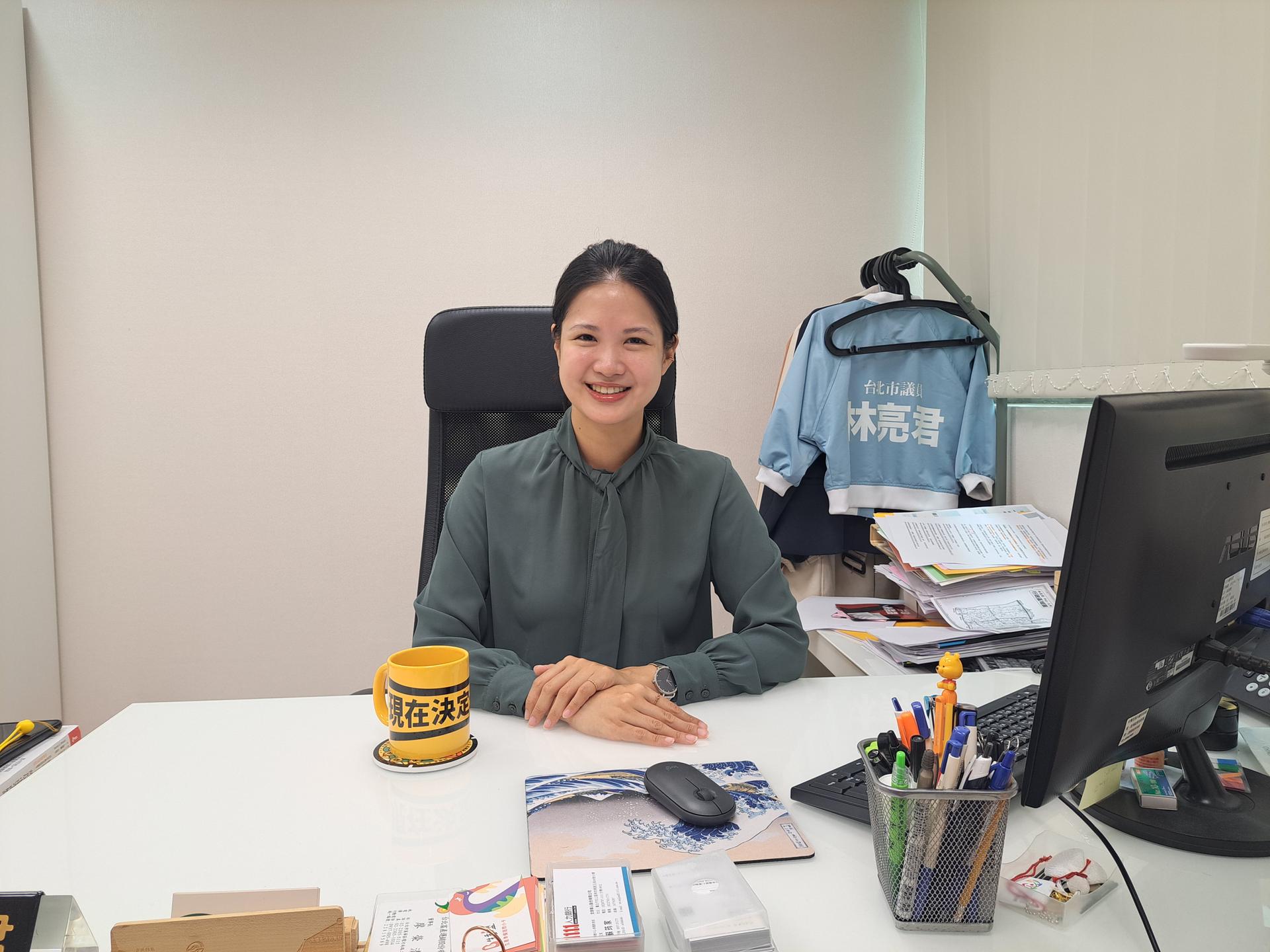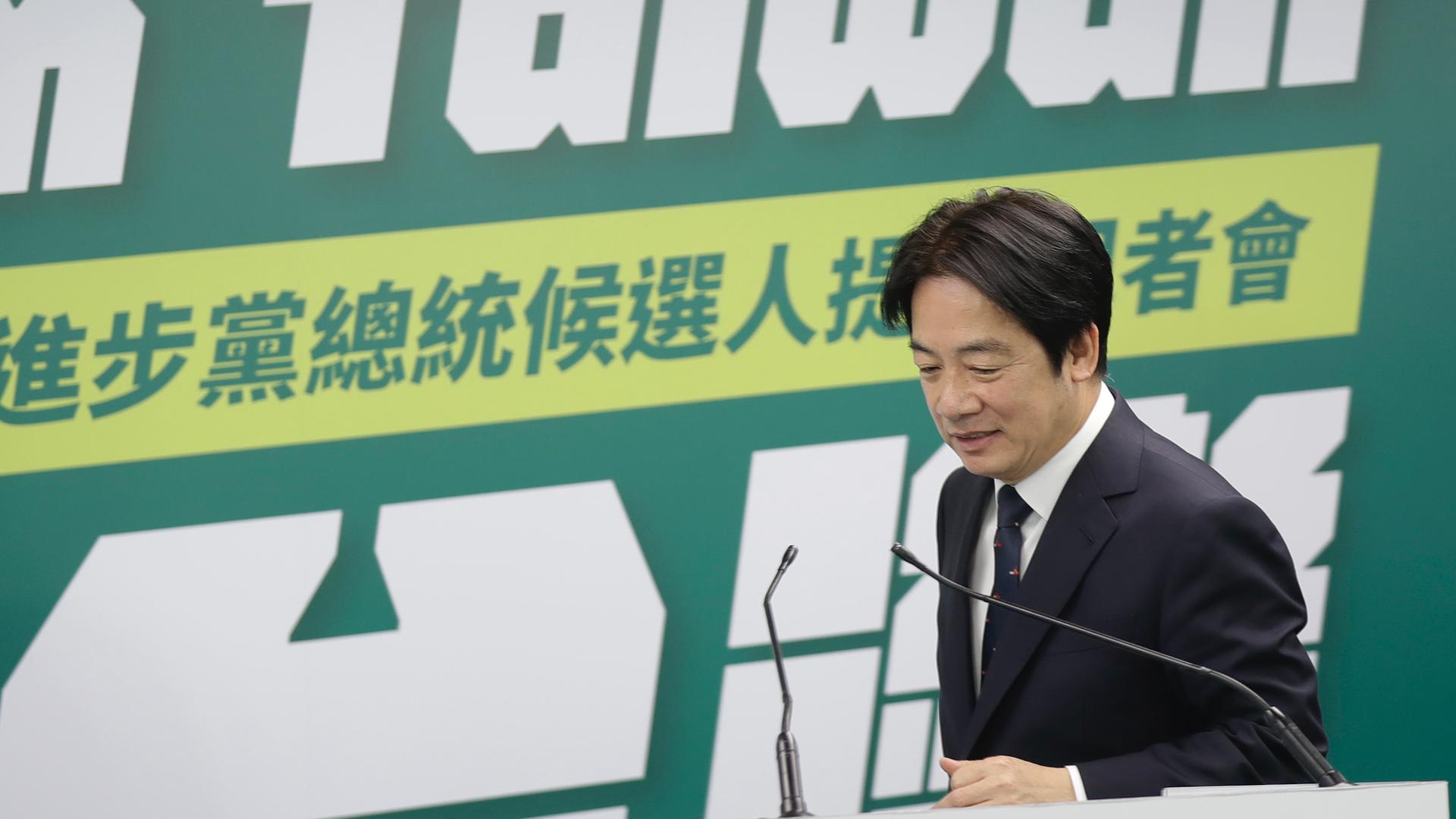Dozens of people have come forward in recent days accusing prominent figures in Taiwanese society of sexual harassment and abuse, in what many experts are calling Taiwan’s #MeToo moment.
Starting late last week, several people accused officials in Taiwan’s ruling political party, the Democratic Progressive Party (DPP), of sexual harassment.
The allegations have since spread to both major parties and across Taiwanese society, with dozens of survivors coming forward with accusations of sexual harassment and abuse.
Taiwanese audiences turned on their TVs last week to see officials from the DPP bowing deeply to apologize for a sexual harassment allegation.
A former DPP staffer mentioned in a May 31 Facebook post that her superior had refused to take the allegation seriously when she first brought it up and even asked why she didn’t scream for help at the time the harassment took place.
The official accused of covering up the scandal — DPP Deputy Secretary-General Hsu Chia-tien — resigned on June 1.
The next day, new allegations surfaced, which the DPP met with a new apology and promises to change how the party handles sexual harassment. A further three DPP officials resigned due to the additional cases.
Then, a third day of allegations, a third apology and an adviser to President Tsai Ing-Wen resigned.
Party chairman and presidential candidate Lai Ching-Te said in a televised speech, “I once again express my deepest apology to all those who have been injured in the DPP because I did not stand with you when you needed it most…In the face of gender equality incidents and workplace bullying, there is absolutely no need to ‘focus on the big picture.’”
That expression was a reference to a hit political series called “Wave Makers,” which debuted in late April on Taiwanese Netflix.
In the first episode, a young political staffer named Chang Ya-Ching is touched inappropriately by a colleague. She talks to her supervisor, Weng Wen-Fang, but since she has no proof, she initially decides to drop the case.
Her supervisor, Weng, remembers her own experience with harassment and how she dropped it to “focus on the big picture.”
In an iconic scene, they talk on a late-night phone call.
“Many things can’t be forgotten,” Weng said. “If you do that, you’ll slowly die.”
Slowly, they repeat after each other…
“Let’s not let this go.”
That last expression, which in English roughly translates to “Let’s not let this go,” or “Let’s not forget this,” “我們不要就這樣算了/Wǒmen bùyào jiù zhèyàng suànle” in Mandarin, became the first line of the Facebook post that launched this whole movement in real life.
The phrase has popped up across Taiwanese social media as people discuss the allegations and share their own stories of harassment and abuse.
“This is the biggest anti-sexual harassment movement in Taiwan so far,” said Chen Mei-Hua, who teaches sociology at National Sun Yat-sen University.
Chen would know. She studies gender rights and used to lead a prominent gender equality NGO, the Awakening Foundation. She said when the #MeToo movement spread globally a few years ago, it didn’t impact Taiwan much.
“Taiwan already has very strong anti-sexual harassment legislation,” Chen said.
She said the problem isn’t that the laws aren’t already on the books — but organizations, especially in politics and the private sector, just aren’t following them.
Taiwanese women actually participate in politics at relatively high rates. Over 40% of Taiwan’s legislators are women, who make up most of the mayors and county magistrates. Taiwan’s President, Tsai Ing-Wen, is also a woman.

But underneath the surface, politics is hardly an equal playing field, said Sabrina Lim, a city councilor in Taipei.
“Even though Taiwan has more female politicians in higher places,” Lim said, “Overall, women in the workplace still face a higher level of scrutiny compared to men.”
Lim said that sexual harassment in politics is unfortunately quite common.
“When in public, I’ve also sometimes been sexually harassed but couldn’t directly point it out,” Lim said. “Most of the time when this happened, all I could do was smile and leave the situation.”
This is why, when accusers came forward in the past week, Lim, along with other women in politics, publicly announced their support for the survivors and committed to providing legal assistance to any who need it.
The scandal is already impacting Taiwan’s upcoming general election, and a win for the opposition Kuomintang (KMT) could push Taiwan closer to China.
So far, Wen-Ti Sung, a political scientist at Australian National University, noted that the KMT had gained a few percentage points in the polls in recent days, but the DPP’s strategy of taking responsibility and promising to reform seems to work as it hasn’t fallen in the polls yet.
Sung said there’s only one solution for Taiwan’s ruling party.
“When faced with challenges like #MeToo sexual harassment cases, these are issues where there’s clear morally right and wrong positions to take,” Sung said. “For [the DPP] to get out of this political quagmire, the only way out is through. They need to do better.”
Vickie Wang 王宇平 provided translation for this story.
Our coverage reaches millions each week, but only a small fraction of listeners contribute to sustain our program. We still need 224 more people to donate $100 or $10/monthly to unlock our $67,000 match. Will you help us get there today?
